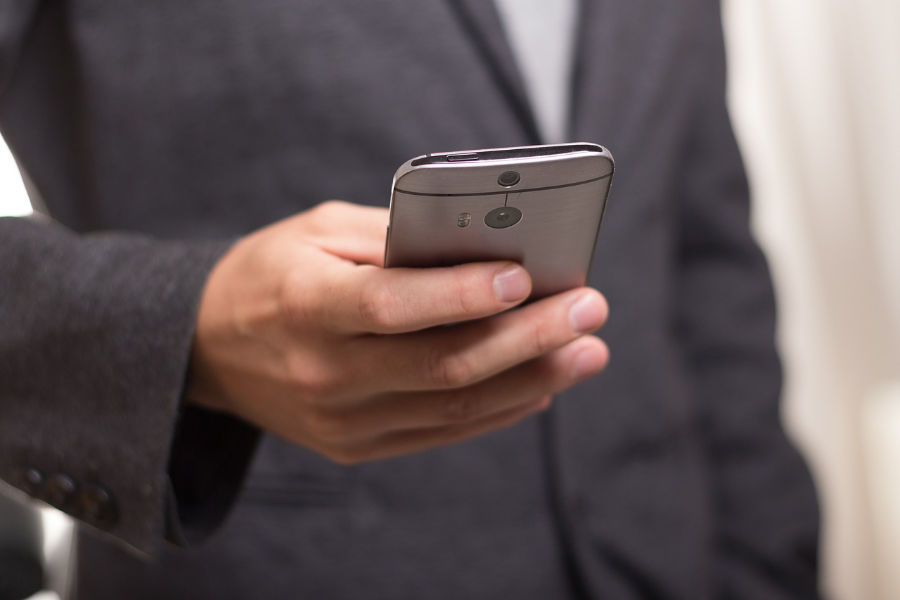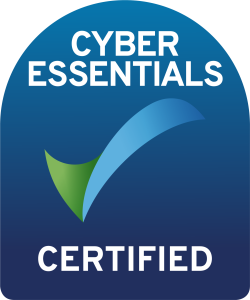We all rely on our devices these days. In fact, we use our mobiles and tablets for everything from banking to games. You cannot help but admire what that does to improve our lives. The ability to access the internet and cloud-based materials for work on a pocket-sized device is incredible. As useful as they are, though, these little technological miracles come at a price. If they are compromised, they can be a real security nightmare.
Here are a few tips for keeping your devices safe:
Keeping your mobile and tablets secure.
• Probably the biggest security problem with a mobile is that, well, to state the obvious, it’s mobile and can be easily lost or be stolen. Make sure you have a “find my phone” app enabled and that you automatically back up your device regularly.
• If your tablet has a sim card (many do), then take the same precautions as above.
• Keep your operating system up to date because they frequently contain security updates.
• Turn on the highest security possible and make sure the screen lock comes on very quickly. Speed is important because an unlocked screen means that a thief only needs a moment to go to your settings and stop the lock.
• Make your passwords and other security complex. Fingerprints are good for quick access, but the requirement can be bypassed. A complex password and pattern setting will make life much harder for anyone trying to access your information. Patterns are OK, but an ‘M’ shape, for example, isn’t going to be much protection.
• Make a note of the unique IMEI number and keep it safe somewhere.
• Use secure encrypted transfer for emails and documents and have passwords on all apps that have sensitive data.
• NEVER photograph things like pin numbers or bank details and then store them on your phone as a reminder.
• If you have a work mobile and a personal mobile, make sure you keep them for those purposes.
Keeping your laptops secure
Laptops are vulnerable on just about every possible level. They are light and easy to steal, as well as being prone to cyber-attacks and other issues. I am always amazed by news reports of sensitive information being left on trains and in taxis on easily-accessed laptops.
• Keep your work laptop for work purposes and try to avoid personal use.
• Only use secure and encrypted document transfers and storage.
• Passwords are essential and they must be robust. Pay particular attention to the top-level password to access your Windows or macOS. Take a moment to think about how much information will be available if someone gets past it, and you will see why this is vital.
• Don’t ignore the alerts for virus and system updates.
• If there are multiple users, as is often the case for businesses, make sure every user has agreed and understands the rules about use and security.
• Train the team to ensure they fully understand the importance of security. Many security problems are caused by accidentally allowing access through not understanding the danger.
• When your laptop is not in use (overnight, for example), turn it off and store it somewhere secure. A lot of laptop-based security breaches are caused by domestic robbery or opportunists… also, it’s better for the environment (and your bills) not to have it running all the time.
• Avoid public WiFi – it is simply not secure enough to be safe.
• If you are in public, remember that means your screen could be visible to others.
• Lock out your screen quickly and securely with good password practice.
• Disconnect from remote work connections when you are not using them.
Keeping mobile devices secure is a matter of physical measures such as theft prevention, keeping on top of updates, and understanding the danger from cyber-attacks. Most problems are preventable with good practice, so if you make security a habit, the chances of having a problem will reduce dramatically.




